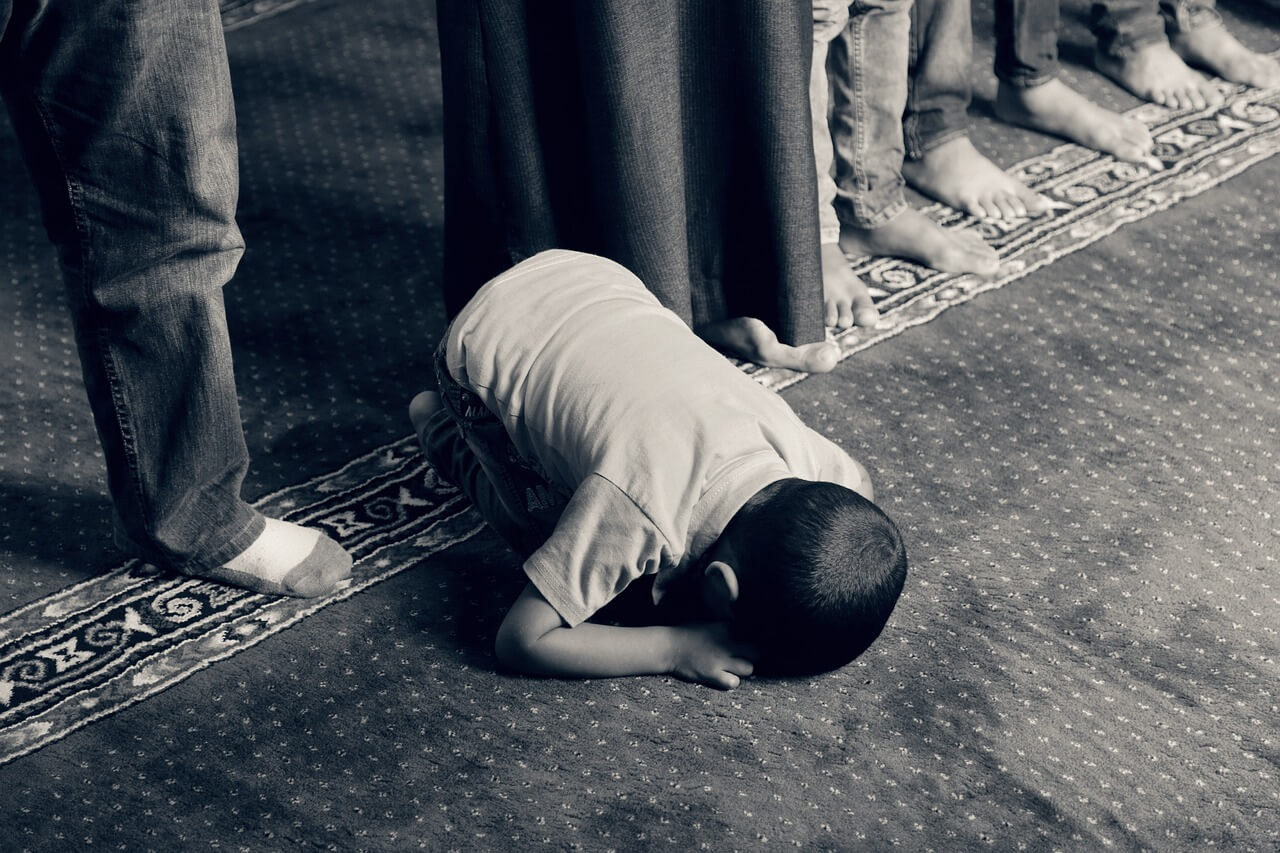Ramadan is an integral part of the Islamic faith, so much so that millions of Muslims worldwide observe it. During Ramadan, Muslims fast from dawn till sunset, avoiding food and drink. Additionally, Muslims must avoid lying, cheating, sexual activities, etc. The idea behind Ramadan is the renewal of faith so that Muslims can follow the true path to have the best life in this world and the afterlife.
While many people have heard of Ramadan, there are still questions about who celebrates it. Fortunately, this blog will cover everything there is to know about who celebrates Ramadan and the diversity of its celebrations.
Who Celebrates Ramadan?
Ramadan is one of Islam’s five pillars, celebrated by Muslims worldwide. Ramadan is a time for spiritual reflection, charity, and community building. Fasting is mandatory for all able Muslims, including those in good health who have reached puberty and are not traveling.
The world’s population of Muslims is a staggering 1.8 billion, making Islam the second-largest religion that continues to multiply. Most Muslims live in Africa, and Asia, with the largest populations in India, Nigeria, Bangladesh, Pakistan, and Indonesia. North Africa and the Middle East have significant Muslim populations as well. But then again, Muslims can be found in every corner of the world, making Islam a global and diverse faith.
Ramadan is a national holiday in numerous Muslim-majority countries like Egypt, Indonesia, Turkey, etc. During Ramadan, schools and businesses in these countries will be closed entirely or have altered hours to make it easier for Muslims to make the most of the month and its blessings. Interestingly, some non-Muslim countries also recognize Ramadan as a national holiday, such as Singapore and Malaysia.
Diversity with Ramadan Celebrations
It goes without saying fasting is a core aspect of Ramadan, but many regional and cultural traditions are associated with this month. For instance, it is common in some countries to break the fast with milk and dates; in others, families come together to break their fast with elaborate meals after sunset. In some regions, observing nightly prayers, known as Taraweeh, is mandatory.
While the core practices of Ramadan are the same for most Muslims, there are a few variations in religious interpretations and practices. For instance, some Muslims read the Holy Quran during Ramadan, while others focus on specific verses or chapters. Some may engage in acts of charity, like donating to a local mosque or feeding the homeless. Moreover, some Muslims will refrain from watching TV or listening to music throughout Ramadan.
Non-Muslims also partake in Ramadan celebrations, especially in countries with diverse populations. Organizations and businesses may organize community Iftars in some places, and these large dinners are open to the general public. This is one example of how Muslims can build and foster relationships with non-Muslims during Ramadan.
Misconceptions about Ramadan
Unfortunately, there are many stereotypes and misconceptions associated with Ramadan. One common misconception is that Ramadan is strictly about staying away from food and water. While staying away from food and water is essential, Ramadan is a time for spiritual reflection and building a relationship with Almighty God.
Another common misconception about Ramadan is exclusively a Middle Eastern or Arab practice. In reality, Muslims worldwide observe Ramadan, and there is a lot of diversity. Furthermore, not all Muslims are required to fast, including pregnant women, ill people, the elderly, and children.
There are also fantastical misunderstandings and stereotypes about how fasting affects the body. Fasting may be challenging, especially for those new to the practice, but it is safe and healthy for most people. Also, fasting will not lead to weight loss if one overeats during non-fasting hours.
Addressing these misunderstandings and misconceptions is important to foster tremendous respect and understanding for Ramadan. It is also vital to understand the purpose and meaning of Ramadan to deepen one’s connection with God and build stronger bonds with the community through acts of charity and kindness.
Conclusion
While fasting is an important part of Ramadan for Muslims worldwide, many regional and cultural traditions are associated with the holy month. Furthermore, there can be variations in religious interpretations and practices, and many non-Muslims are incorporated into Ramadan celebrations. Ultimately, Ramadan is a time for charity, community building, and spiritual reflection; it serves as a reminder regarding the importance of faith.

